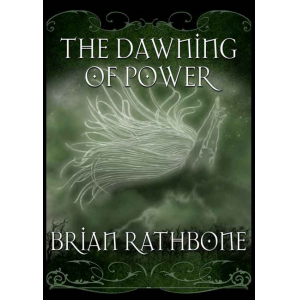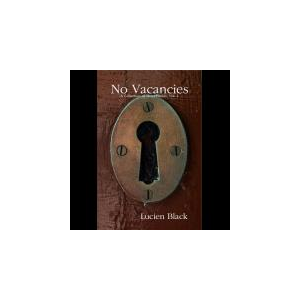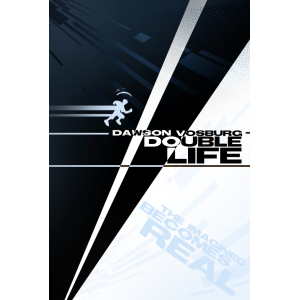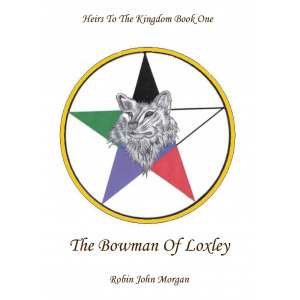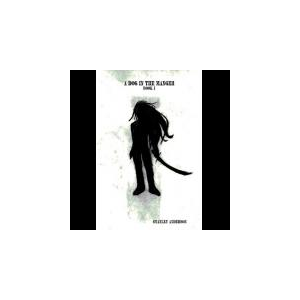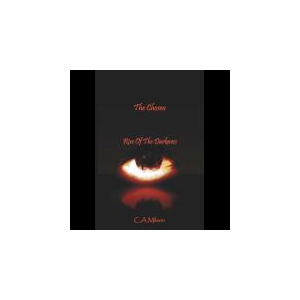The inspiration for the book came from the following quote by Charles Darwin: “Believing as I do that man in the distant future will be a far more perfect creature than he now is, it is an intolerable thought that he and all other sentient beings are doomed to complete annihilation after such long-continued slow progress.”
An extraterrestrial computer intelligence (the Vessel) arrives in Earth’s orbit. It plugs into, and takes control of all, human telecommunication systems. The Vessel seems benign and offers all its knowledge to everyone for free. The Vessel’s knowledge fast-forwards human technology. We benefit, yet the very future of humanity is at risk.
Homo Cosmiens is a journey into Earth’s future. Will any part of our humanity survive? By taking us to a future utopian world the book holds up a mirror to Homo sapiens, for us to examine who we are through the adventures of a new species on Earth: the Homo
The Story Behind This Book
New science fiction book explores what is next for the human race
Homo Cosmiens, a new beginning to the final ending by David Millett, takes the reader 10,000 years into the future.
OAKLAND, Calif. – Homo Cosmiens, a new beginning to the final ending by David Millett transports the reader into the future. Along the way, the book explores current issues like the theory of Evolution, the Selfish Gene theory, theism, and human nature.
Gary Sorkin of the Pacific Book Review wrote, “I knew from the start I needed to fasten my mental seat belt when I began Homo Cosmiens... David Millett expertly embellished with his extraordinary use of vocabulary, vernacular, and vision... This book is about as original a work as I have experienced...”
Homo Cosmiens is a journey into Earth’s future. Will any part of our humanity survive? By taking us to a future utopian world, the book holds up a mirror for us to examine who we are through the adventures of a new species. Homo sapiens become the Homo Cosmiens.
Praise and Reviews
Reviewed by: Gary Sorkin, Pacific Book Review
I knew from the start I needed to fasten my mental seat belt when I began Homo Cosmiens: A new beginning to the final ending, as David Millett blasted off bringing the reader up to speed on the creation of the universe beginning from the Big Bang in just the first few pages. Then in chapter one, tit...led The Quaternary Period, Millett covers the many epochs of unique characteristics of life adapting to changes in climate and geography. This still moves quickly in his literal use of book-time, however slows us down from warp speed to sub-light, like in Star Trek when they shut down the antimatter drive and go to impulse power. Next he gets us ready to land on earth, in the present day to begin the story of the discovery of a dot in the sky, interestingly named C/2020 AS by astronomer Judith Morgan; as she must have had 20/20 vision to see this little thing heading towards us! The human “fight or flight” instinct dealing with what was believed to be an asteroid threatening mankind’s annihilation turned out to be a moot point. The “thing” fell into a high earth orbit, released a series of lower orbit satellites, and began communication to all people, in every language, on all topics, everywhere.
Earthlings simply called it “The Vessel” as it was a mechanical device, a computerized probe if you will, which began a series of electronic communications revealing – get this -- the unabridged cumulative knowledge of the entire universe making it available to all of mankind. Roll over Rod Serling, as this Vessel didn’t even want “To Serve Man” on a dinner plate, it offered only free advice and asked nothing in return except immunity from censorship. There was no need for it to say, “Take me to your leader,” because it already knew everything there was to know about the leader, all leaders for that matter, it was omniscient. What does mankind do with so much information available to everyone? That’s easy, with destructive knowledge so available to radical extremist factions; we blow ourselves up in no time at all.
So unfolded the storyline by David Millett; expertly embellished with his extraordinary use of vocabulary, vernacular and vision. With a finesse gained from his proficiency as a very technical person in real life, and possessing acumen of English due to his British heritage, David Millett revealed a story unlike any I have read before.
Charles Darwin is credited with the scientific theory of natural selection, in his 1859 book On the Origin of Species. David Millett brings Darwin’s wisdom to the reader by beginning the chapters with one of his quotes. One in particular I liked, “It is not the strongest of the species that survives, nor the most intelligent that survives. It is the one that is the most adaptable to change.” Adaptability is the characteristic of the humans that survive the nuclear holocaust end of the planet, and frolic in the new beginning. Like turning an Etch-A-Sketch upside down and shaking it, David Millett once again kicks in his warp drive and transports the reader some 10,000 years into the future. All of society is different, expect everyone still speaks English and wine has aged 10,000 years without turning to vinegar or even having the cork dry out. Millett cleverly created characters including an anthropological scientist along with his colleagues, looking back to our current day with the wisdom of their history, our future, known to them.
Homo Cosmiens: A new beginning to the final ending, allows David Millett to put his fictional creativity using factual technological terms to the test of credibility, fantasy and philosophy. Demonstrating how complex a person he is in real life, this book seems to have been as much fun to write as it was to read. I feel David Millett unleashed his creativity in a manner affording him a wide breath of topics within the scope of a futuristic anthropological investigation. Although at times I’d like to hear more about the details of the technologies envisioned, he has certainly covered a broad array of issues including religion, abortion, politics, human rights and the innate instinct of sentient life forms. This book is about as original a work as I have experienced; a bit rough in places due to the fast time changes, yet a classic of creativity that should grace the bookshelf of any Sci-Fi enthusiast. You might say that David Millett takes humanity out of the forest so that we can all see the trees.

